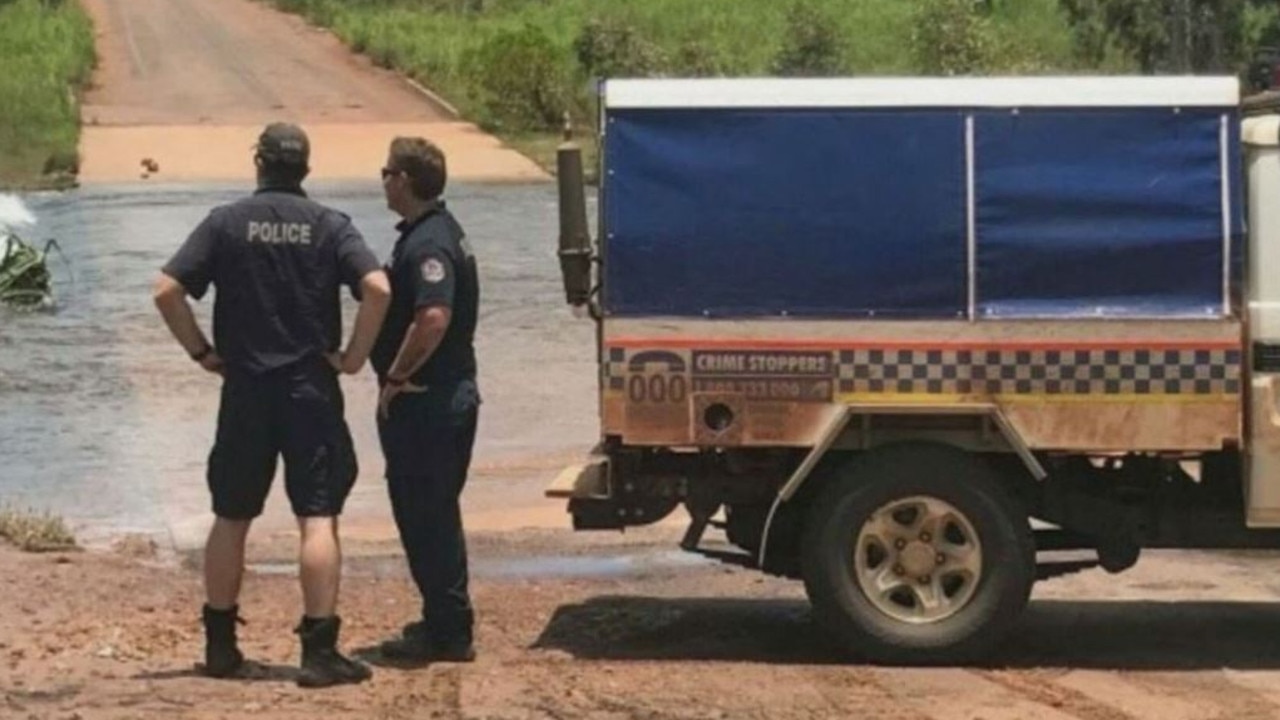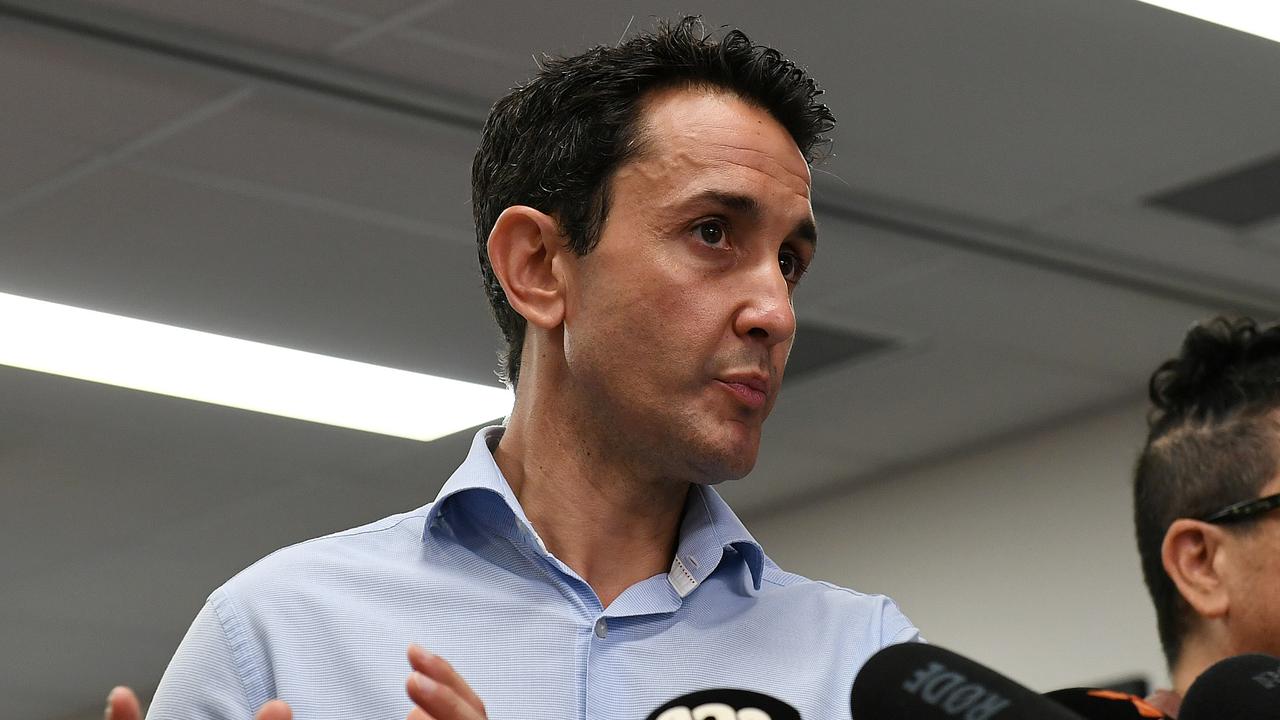‘Go bush … and you’ll never look back’, says rural doctor
Perth doctor Rachel James was far from sold on the perks of rural living when the self-described ‘city girl’ moved to regional NSW five years ago.
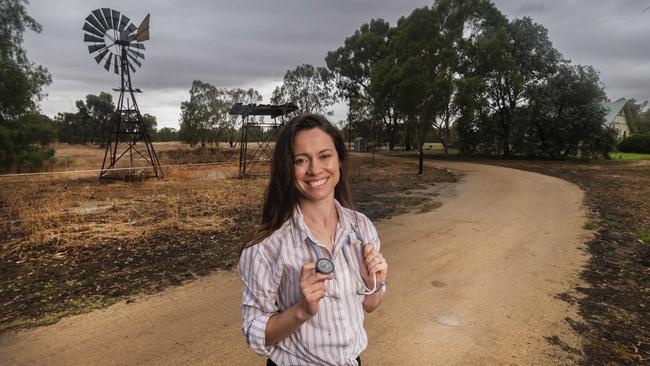
Perth doctor Rachel James was far from sold on the perks of rural living when the self-described “city girl” moved to regional NSW five years ago.
“I was your typical city doctor,” she says as she unwinds before spending her night on-call for Deniliquin hospital, near the NSW-Victoria border.
Dr James has chosen to pursue a career as a rural generalist, a trained GP who also has emergency skills in another key area.
As a GP-obstetrician, she says a career in the country has meant she gets to care for patients from “cradle to grave”, a welcome departure from the “conveyor belt” experience that comes with working long hours in the emergency departments of city hospitals.
“My now husband and I were seeing so many patients but we felt as though we were not making a difference to the communities,” she says.
“We missed the variety of rural practice, so in the end we just thought ‘let’s give it a go’, and we took the plunge to move rural.”
Dr James is one of nine general practitioners in the district, which has 7800 residents. Six of those doctors contribute to the town’s emergency department.
Dr James is on call “all the time for obstetrics’’, and about once or twice a week for the emergency department.
Her experience speaks to a wider challenge facing the medical profession: how to attract more doctors like Dr James and her husband to country practice?
The bush is facing a chronic shortage of doctors as medical graduates increasingly seek to specialise rather than pursue a career in general practice.
Around the country, rural and regional communities are crying out for more GPs like Dr James.
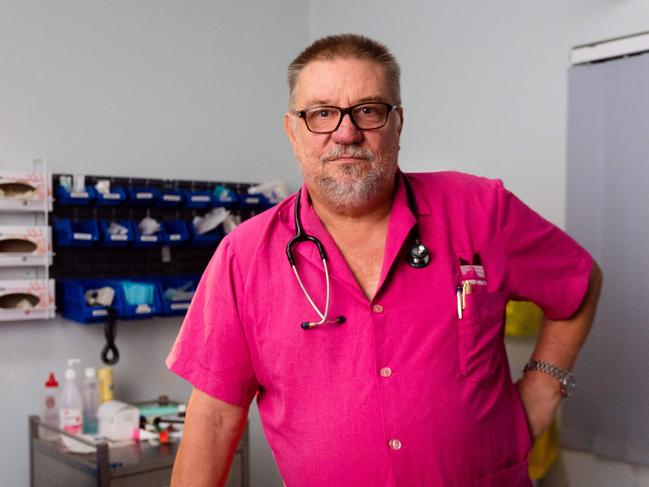
In Katherine, southeast of Darwin, with a local government population of more than 10,000, the ideal staffing level is nine doctors. But for years, the town has relied on just two GPs.
“We were always borderline viable,” says Peter Stafford, who closed the town’s only private GP clinic in October, which forced patients to drive three hours to Darwin for an appointment.
“I was so burnt out and I was really struggling to make ends meet,” Dr Stafford says. “I had no option but to close up shop, and at least a third of rural practices are borderline viable.”
It’s no secret that the nation is facing a shortfall of GPs in the bush, but few people appreciate the intense financial and emotional pressures placed on those who manage their own clinics.
GPs who own their own practice are often forced to pay recruitment agents, many of whom are based overseas, up to $40,000 in an effort to lure foreign-trained GPs to rural areas.
“I spend half my time speed dating with recruitment agents,” says Simon Holliday, who owns two medical centres in Taree on the NSW mid-north coast.
“If I’m lucky, I get about two Australian-trained doctors per decade. I have had to pay up to $28,000 to get the right overseas candidate.”
At Gunnedah, in the state’s northeast, the town’s two GPs cover a population of 10,000 and are “effectively running a crisis medical service”, according to the local council.
In a blistering account of the dire situation faced by the residents of Gunnedah, the council’s general manager, Eric Groth, says locals are “lucky” if they ever get to see a GP.
“Those lucky enough to get an appointment with a local GP face long waits, and appointments are significantly delayed or not sought until a health complaint has escalated to a critical level,” Mr Groth wrote in a submission to a NSW inquiry set up to examine rural health.
“The concept of an annual health check-up with a local GP is a luxury that is simply not attainable for many local people.”
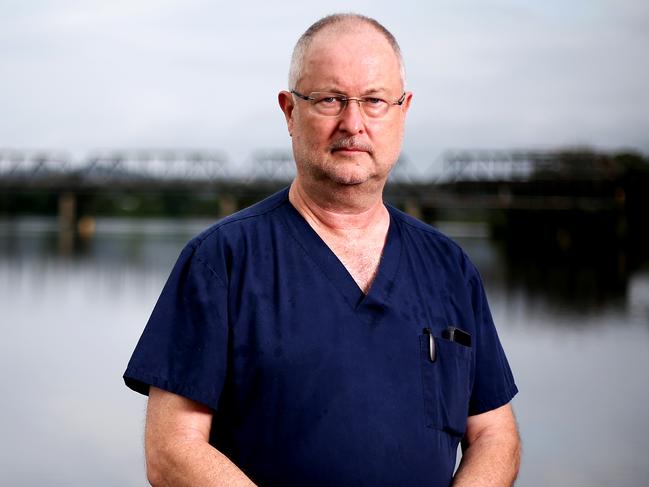
Despite moving to regional NSW only five years ago, Dr James is already well-acquainted with the consequences for those patients who are forced to delay critical medical care.
“I’ve completed so many cervical screens that have been very much overdue,” she says.
While many older GPs in country towns say they are stretched to breaking point, younger doctors who make the pilgrimage to the bush believe the tide could finally be turning.
Teena Downton, a medical educator with the Australian College of Rural and Remote medicine, says the challenges of rural practice are outweighed by the satisfaction of the work.
“Working rurally allows you to do far more as a doctor and you get to help and manage a wider variety of conditions,” she says.
“The exposure to specialist culture in the cities made me realise that your breadth of (medical) knowledge starts to get compartmentalised.”
As a rural generalist, Dr Downton says the opportunity to select an extra skill, in her case obstetrics, played a key role in her decision to settle in Cowra, in central western NSW.
Yet she is still in the minority, with a report by the Royal Australian College of GPs revealing that only 15 per cent of final year medical students say they are interested in becoming GPs.
“Rural doctors work longer hours and they are often working with a much broader scope of practice,” explains Peta Rutherford, the chief executive of the Rural Doctors Association of Australia. “Rural exposure basically becomes non-existent after medical school, and key positions like internships are in capital cities or big regional centres.”
Even so, this is a statistic that Dr James, who has lived in Deniliquin for more than two years now, is prepared to readily dismiss.
“Take the plunge,” she says. “When you have lived in the city your whole life, it can be challenge — but life is about having an adventure and taking risks. Moving rural can be amazing.”




